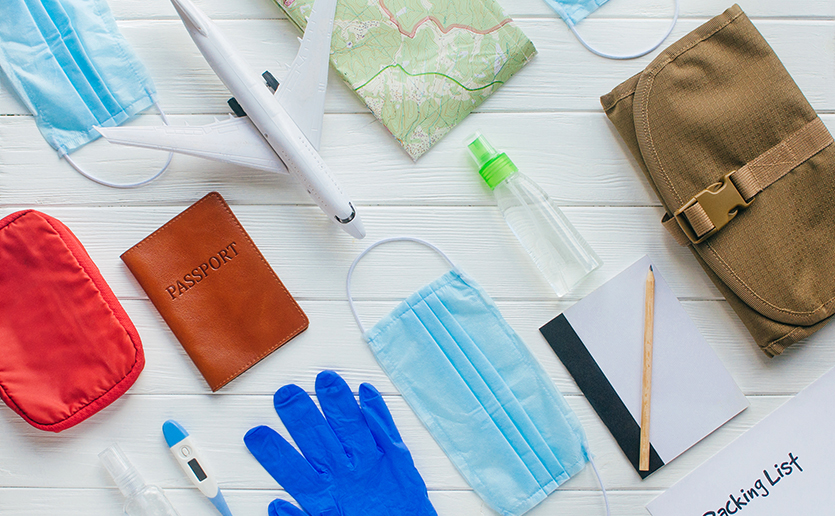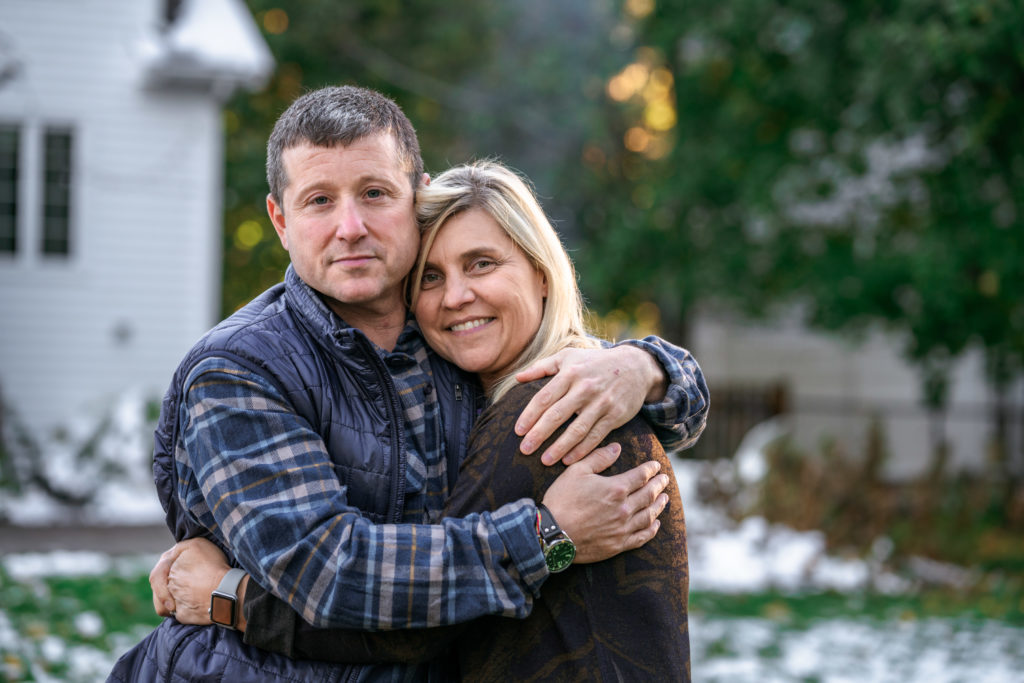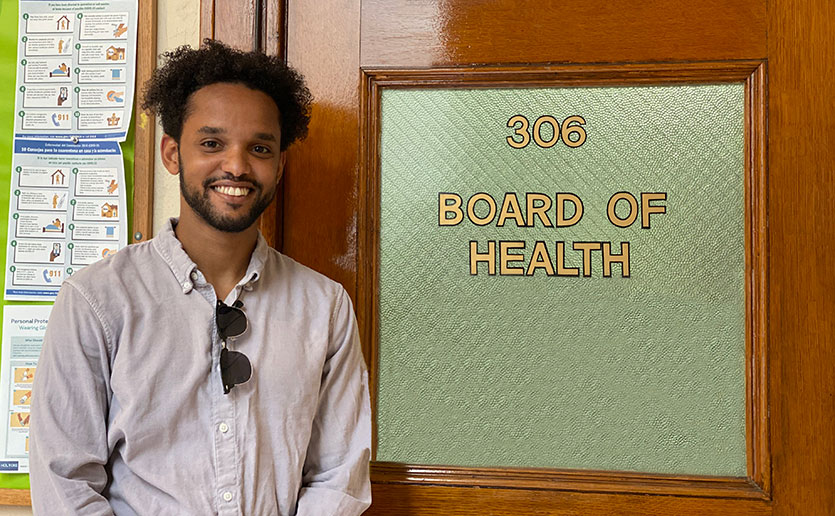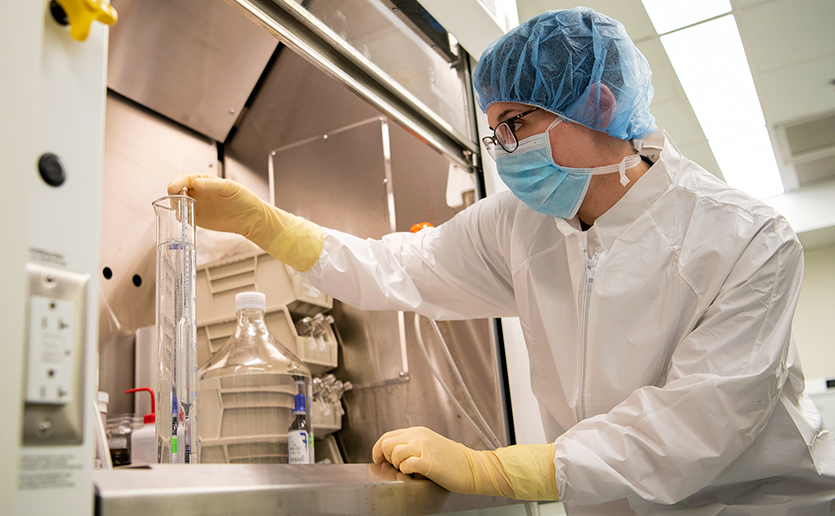As school comes to a close and the days heat up, the idea of getting away and beating quarantine fatigue becomes more appealing. Whether it is visiting family and friends, or taking that long-awaited dream vacation, travel is an important part of summer fun. But can you travel while reducing your risk of contracting COVID-19?
Different parts of the country have different levels of COVID-19 activity, so it is always important to check local data and recommendations at your destination.
Amir Mohareb, MD, and Kristen Hysell, MD, of the Infectious Diseases Division at Massachusetts General Hospital, answer key questions about travel safety.
As travel begins to open up, is traveling by air or train/bus safe?
COVID-19 cases and deaths have been reported in all 50 states and around the world. The situation is constantly changing. Because travel increases your chances of getting infected and spreading COVID-19, staying home is the best way to protect yourself and others from getting sick.
Additionally, many destinations require travelers to quarantine for up to two weeks upon arrival. When travel is absolutely necessary, it is recommended that you consult with local public health authorities and with the Centers for Disease Control (CDC) website on the following questions:
- Is COVID-19 spreading where you are going?
- Is COVID-19 spreading in your community or among your contacts?
- Is it possible to engage in physical distancing during travel and while away from home?
- Are you or are those traveling with you more likely to become severely ill from COVID-19?
The CDC has more specific recommendations on travel here.
Is traveling by car and taking a road trip safe?
There are specific considerations for doing road trips this summer. Different parts of the country have different levels of COVID-19 activity, so it is always important to check local data and recommendations at your destination. This information is usually available in the Department of Public Health website for each state. Other important considerations include:
- Bus/Train Travel: Traveling on buses and trains for any length of time can involve sitting or standing within 6 feet of others
- Car Travel: Making stops along the way for gas, food or bathroom breaks can put you and your traveling companions in close contact with other people and surfaces
- RV Travel: You may have to stop less often for food or bathroom breaks, but RV travel typically means staying at RV parks overnight and getting gas and supplies at other public places. These stops may put you and those with you in the RV in close contact with others
Is it okay to travel to states or countries that have done a good job managing the pandemic?
Since there are still many uncertainties associated with the COVID-19 pandemic, it is recommended that you avoid non-essential travel as much as possible.
It is important for us all to continue to get physical activity and to spend time outdoors this summer, but we need to balance that need with the safety of our own families and our community members.
States or countries that have had fewer COVID-19 cases may still have widespread transmission that has gone (or is currently going) undetected. Additionally, a state that has had fewer COVID-19 cases up to this point could theoretically have a higher number of susceptible people. This could make a future outbreak more difficult to manage.
If traveling is essential, here are a few ways to protect yourself and others during your trip:
- Clean your hands often
- Wash your hands with soap and water for at least 20 seconds, especially after you have:
- Been in a public place
- Touched surfaces frequently touched by others
- Blown your nose, coughed or sneezed, and before touching your face or eating
- If soap and water are not available, bring and use hand sanitizer that contains at least 60% alcohol. Cover all surfaces of your hands and rub your hands together until they feel dry
- Avoid touching your eyes, nose or mouth
- Avoid close contact with others
- Keep six feet of physical distance from others
- Wear a cloth face covering in public
- Cover coughs and sneezes
- Avoid dining at indoor restaurants and instead pick up food at drive-throughs, curbside restaurant service or stores
What would be the best vacation idea right now?
The safest vacation this summer depends on important factors for you and your family: How many members will travel together? What are the ages of travelers? Is there anyone who would be particularly vulnerable to COVID-19?
It is important for us all to continue to get physical activity and to spend time outdoors this summer, but we need to balance that need with the safety of our own families and our community members.
As a general guidance, we recommend outdoor activities that are far away from crowds and long lines. If you decide to go to a park or public space, closely follow any local and state regulations. Keep plans flexible in case conditions in your community or destination change. It is also important to plan ahead to ensure that you have access to medical professionals if any problems arise.
This story first appeared on Mass General News.





